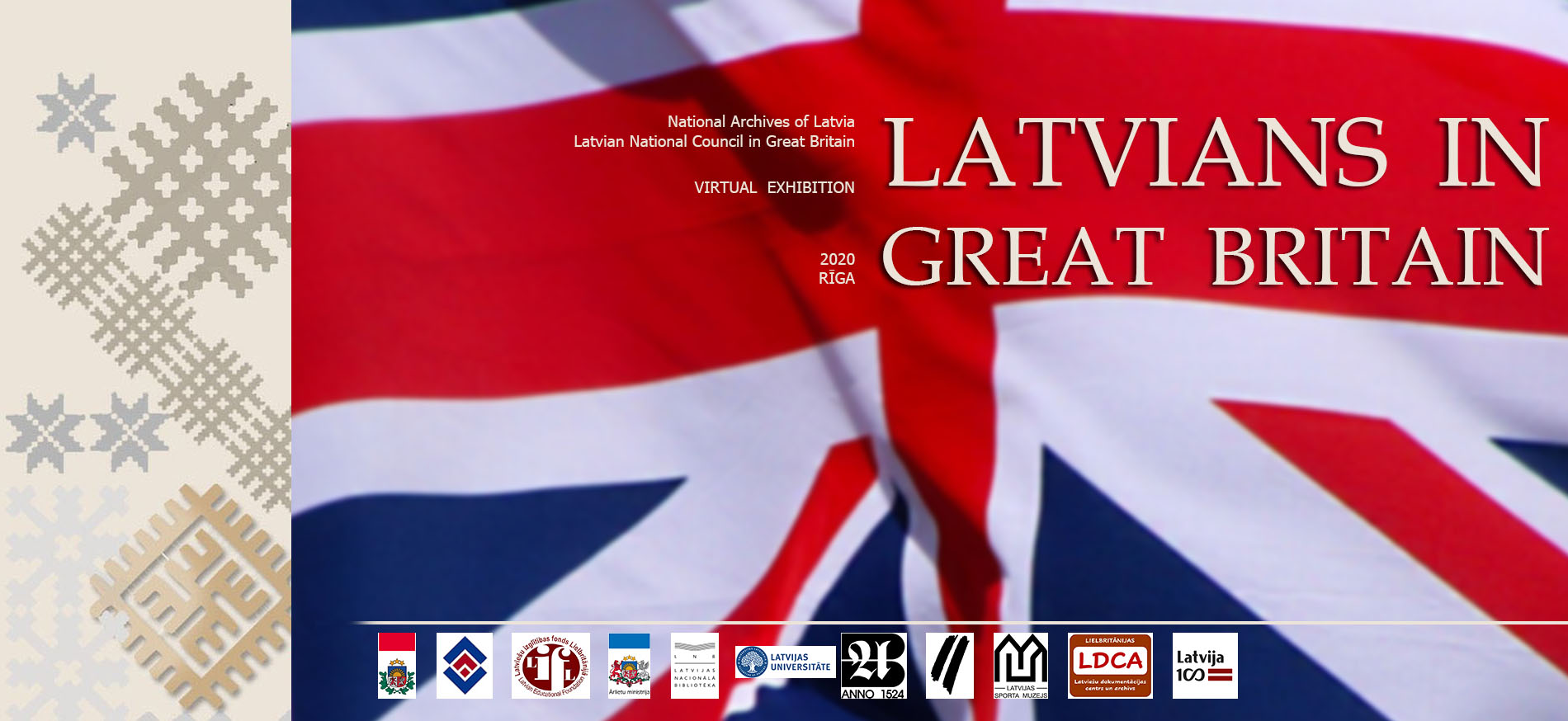
“Not only England, but every Englishman is an island,” wrote the 18th century German Romantic poet and philosopher Novalis. Latvians, who arrived in Britain after World War Two, could each be likened to separate islands within the British Isles, living in isolation in their camps or rented rooms. They didn’t have any other choice, because they had arrived into the lowest level of British society. However, this isolated lifestyle allowed them to develop according to their own traditions...
(Jānis Andrups. Latvieši Lielbritānijā [Latvians in Great Britain], 1995)
Archive records show that there was already a relationship between the area now called Latvia and Great Britain in the 17th century: James I of England was godfather to Jacob, Duke of Courland, English traders and businessmen were active in Latvia in the 19th century, and an Englishman, George Armitstead, First Baron Armitstead, (son of an English jute merchant living in Latvia), was the successful mayor of Riga for 12 years at the turn of the 20th century. Latvian sailors were frequent visitors to British ports; before the Second World War hundreds of Latvians were living, working and studying in England, and had established the Society of Latvians in Great Britain. After the war, approximately 16,000 Latvians arrived in England as refugees, and so started 46 long years of exile.